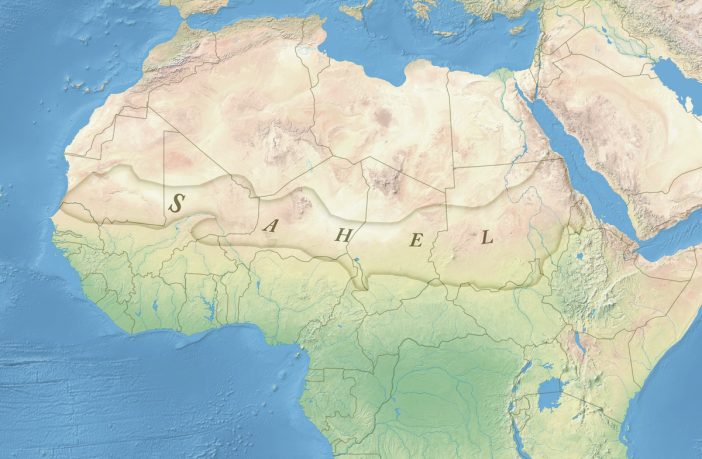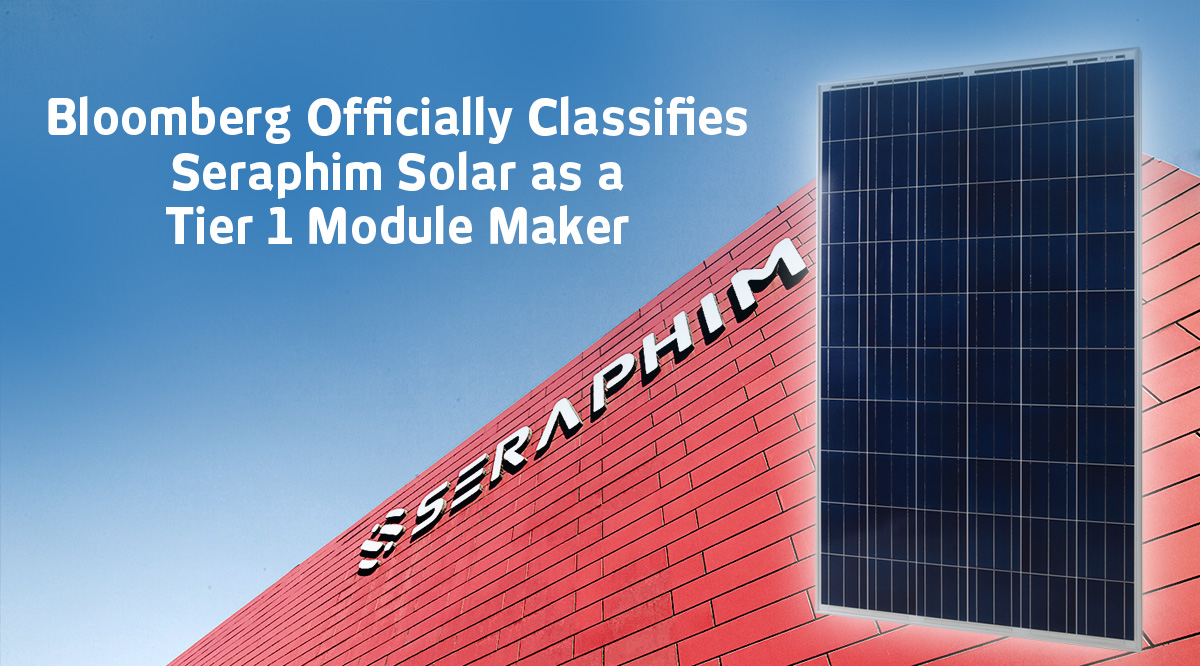- G5 Sahel heads of state at a recent summit in Burkina Faso gave strong support to Desert to Power, an African Development Bank-led initiative.
- There are ambitions of providing 10,000MW of solar-generated electricity to 250 million people across the Sahel.
The summit, Harnessing solar energy for the socio-economic development of the G5 Sahel countries came on the heels of a high-level technical meeting attended by the region’s energy ministers, and development partners including the World Bank, and regional institutions such as the West African Economic and Monetary Union and ECOWAS.
The Desert to Power initiative covers 11 countries: Burkina Faso, Eritrea, Ethiopia, Mali, Mauritania, Niger, Nigeria, Sudan, Djibouti, Senegal and Chad and is in line with the United Nations Sustainable Development Goals, the Paris Climate Agreement and the Renewable Energy Initiative for Africa.
The G5 Sahel President, Christian Kabore of Burkina Faso, urged the private sector to support the Desert to Power and underscored the strategic and critical role of power provision in the Sahel region.
“The African Development Bank (AfDB) is our bank and the private sector must be involved in this important initiative for our countries. I have no doubt that with technical leadership of the AfDB, we will be able to mobilise the necessary funds. Access to electricity is key for the economic development, prosperity and security of the G5 Sahel countries” said Kabore.
The goal of Desert to Power is to propel the Sahelian economies to higher growth and prosperity.
Solar to power to 250 million people
AfDB’s president Akinwumi Adesina outlined the initiative’s ambitions of providing 10,000MW of solar-generated electricity to 250 million people across the Sahel.
“The African Development Bank is fully ready to work with all partners to make this Baobab of Energy a success. Your strong political support and policies to make solar energy affordable across the Sahel will be critical,” said Adesina.
“Generations of people in the Sahel have waited for light for too long. Generations today and in the future can wait no longer! The time for action is now. The time for Desert to Power to provide electricity for all in the Sahel is now,” he urged.
G5 Sahel heads of state acknowledged that limited energy access and a dependence on fossil fuels underscores the necessity of an energy shift and the need to accelerate the economic development of the region and ensure its stability.
Five priority areas for the G5 Sahel include expanded utility-scale solar generation capacity; extending and strengthening power transmission networks; accelerating electrification through decentralised energy solutions; revitalising national power utilities; and improving business climates for increased private sector investments.
“If the Sahel is blessed with this super abundant natural resource, it simply means God intended for us to have electricity. 100% through the sun. It is, therefore, time to turn the Sahel’s largest natural resource – the sun – into the most powerful driver of its growth and prosperity. That is why we are here,” Adesina said.
Author: Babalwa Bungane
This article was originally published on ESI Africa and is republished with permission with minor editorial changes.
Seraphim Solar has a solar panel factory in South Africa servicing the African continent. Read more
Earlier this year, Seraphim climbed into Bloomberg’s Top 10 Tier 1 ranking making their modules highly bankable. EPC’s and IPP’s operating in South Africa and the rest of the African continent are encourage to place orders with Seraphim in order to support local industry and job creation.
Prices and range are highly competitive catering for the small and large scale projects. The Seraphim sales department is ready to take your enquiry, simply drop them a mail: sales@seraphim-solar.co.za or call the sales team on +27 87 373 0813
















